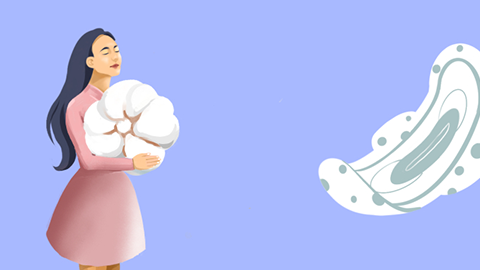Is it necessary to pay attention to dietary combinations when eating lychee during menstruation?
"Coming of the aunt" usually refers to the menstrual period. Generally speaking, there is no special need to pay attention to dietary combinations when eating lychees during menstruation; moderate consumption is sufficient. The detailed analysis is as follows:

Lychee is a type of fruit with a neutral nature. Its main components are water, carbohydrates, vitamins, and minerals, none of which conflict with staple foods, vegetables, meat, and other items commonly found in daily diets, nor will improper combinations produce harmful substances. Lychees have a simple nutritional structure; when eaten alone, they can quickly replenish energy and water for women during their menstrual period, alleviating fatigue. Even when consumed with other foods, they won't interfere with the absorption of each other's nutrients—in fact, they can diversify the diet. Moreover, the core principle of women's diet during menstruation is to maintain balance and mildness. Since lychees themselves are not stimulating, there is no need to deliberately combine them with other foods to neutralize their properties; they can simply be incorporated normally into daily meals.
However, it is still important to control the quantity when consuming lychees because of their high sugar content. Excessive consumption might cause blood sugar fluctuations or increase gastrointestinal burden, especially for women with high blood sugar or weaker digestion, who should consume them in moderation. Additionally, it is recommended to choose fresh, ripe lychees and avoid consuming those that have been refrigerated for too long to prevent abdominal discomfort caused by cold stimulation. If symptoms such as bloating or diarrhea occur after consumption, consumption should be stopped and the body's reaction observed.






